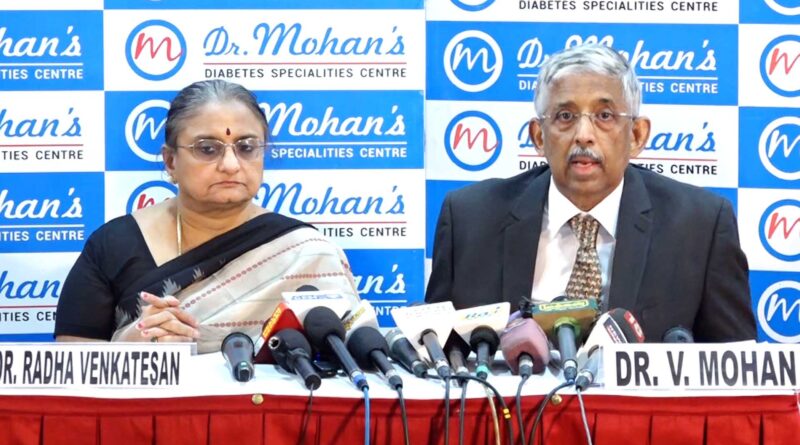Breakthrough Discovery of New Diabetes Subtype
Chennai: Researchers from the Madras Diabetes Research Foundation (MDRF) in Chennai, India, and Washington University School of Medicine in St. Louis, Missouri, USA, have jointly announced the discovery of a new subtype of MODY diabetes. This groundbreaking finding has the potential to transform the diagnosis and treatment of certain forms of diabetes worldwide.
The study reveals a novel mechanism behind a subtype of MODY affecting the ABCC8 gene, which plays a crucial role in pancreatic β cell function. The discovery shows that Loss Of Function (LOF) mutations in the ABCC8 gene can lead to diabetes in later life, contrary to previous assumptions.
This breakthrough could mark a turning point in advancing personalized diagnosis, treatment, and long-term management for thousands of individuals living with undetected or misclassified forms of diabetes. The study highlights the importance of genetic testing and functional understanding for precision diagnosis of diabetes, particularly in countries like India where such testing is not yet part of routine diabetes care.
Prof. Colin G. Nichols, lead researcher from Washington University School of Medicine, stated, “This is the first demonstration of this mechanism in a MODY subtype to our knowledge.” Dr. Radha Venkatesan, lead researcher from MDRF, emphasized the importance of recognizing diabetes driven by KATP-Gain of Function and KATP-Loss Of Function mutations as distinct disease subtypes. Dr. V. Mohan, Chairman of MDRF, added, “We are excited that we have discovered a new subtype of MODY diabetes, which could lead to more precise diagnosis, treatment, and better care for individuals affected.”

